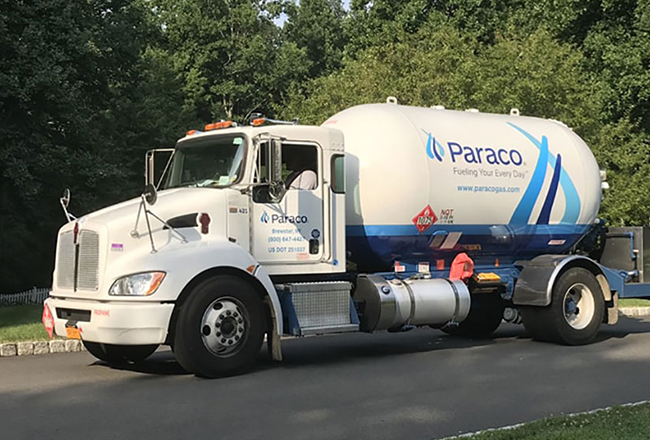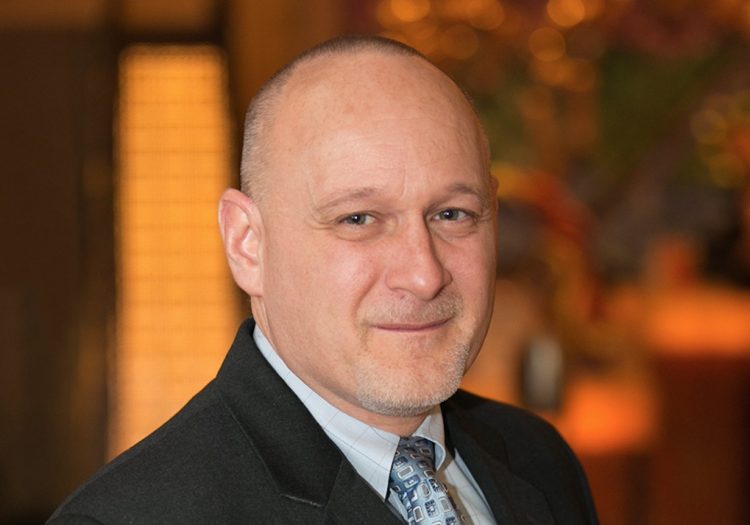Executives of Paraco Gas Corp. who are embroiled in a family squabble that could cost them $105 million are demanding that their insurance company defend them.
Paraco CEO Joseph Armentano and his daughter, Christina Armentano, executive vice president and heir apparent for running the company, sued Ironshore Indemnity Inc., March 8 in Westchester Supreme Court.
They claim that Ironshore, an affiliate of Liberty Mutual Insurance, must defend them under a $3 million officers and directors insurance policy against a lawsuit filed last summer by Joseph”™s brothers, Robert and John.
Ironshore spokesman Richard Angevine declined to comment on the lawsuit citing company policy of not discussing litigation.
Pat Armentano bought Paraco Fuel Corp., a small propane and oil marketer, in 1979.

Now Paraco, headquartered in Rye Brook, is the 13th largest propane marketer in the country with 120,000 residential and commercial customers, 27 distribution hubs in the Northeast and 425 employees. In 2019, according to a court record, it booked more than $159 million in revenue.
Pat Armentano distributed Paraco stock to his four sons, including Michael, who is not a party to the lawsuits. The brothers signed agreements that control how shares may be redistributed.
The oldest brother, Joseph, of Rye Brook, became the president and CEO in 1988. Pat Armentano died in 2010. Christina, of Westport, Connecticut, joined the company in 2014. Robert, of Pound Ridge, and John, of Palm Beach Gardens, Florida, are not active in managing the business.
Robert and John claim that in 2019 Joseph transferred Paraco shares to a trust fund and to Christina in violation of their shareholder agreements, created a succession plan whereby his daughter would succeed him as CEO and terminated a shareholder agreement.
They accused their brother of a deliberate and calculated scheme to circumvent the stock agreements and disenfranchise them.
Joseph was required to first offer his shares to them or to the corporation, they argue, and because he transferred shares for $0 they should be allowed to buy them for $0. What”™s more, they argue that the shareholder agreement may not be terminated without their written consent.
Joseph and Christina argue, in part, that the obligation to first offer shares to the brothers or the corporation applied only when a nonfamily member has made a bona-fide offer for Paraco stock.
Joseph and Christina asked Westchester Supreme Court to dismiss the lawsuit.
Justice Gretchen Walsh declined to dismiss the complaint in a Feb. 10 opinion and ruled that the termination of the stock agreement was invalid.
“The stock redemption agreement is unambiguous,” she wrote, “and Joseph did not have the authority to unilaterally terminate it.”
Her ruling leaves open the possibility that Robert and John could eventually be awarded $105 million, which they say is the difference between the fair market value of the shares and the $0 paid to transfer the shares to Chistina and a trust.
Joseph and Christina claim in their lawsuit that Ironshore Indemnity of St. Paul, Minnesota, must defend them against Robert”™s and John”™s lawsuit, and must compensate them for losses resulting from that lawsuit.
Ironshore has refused to do so.





















